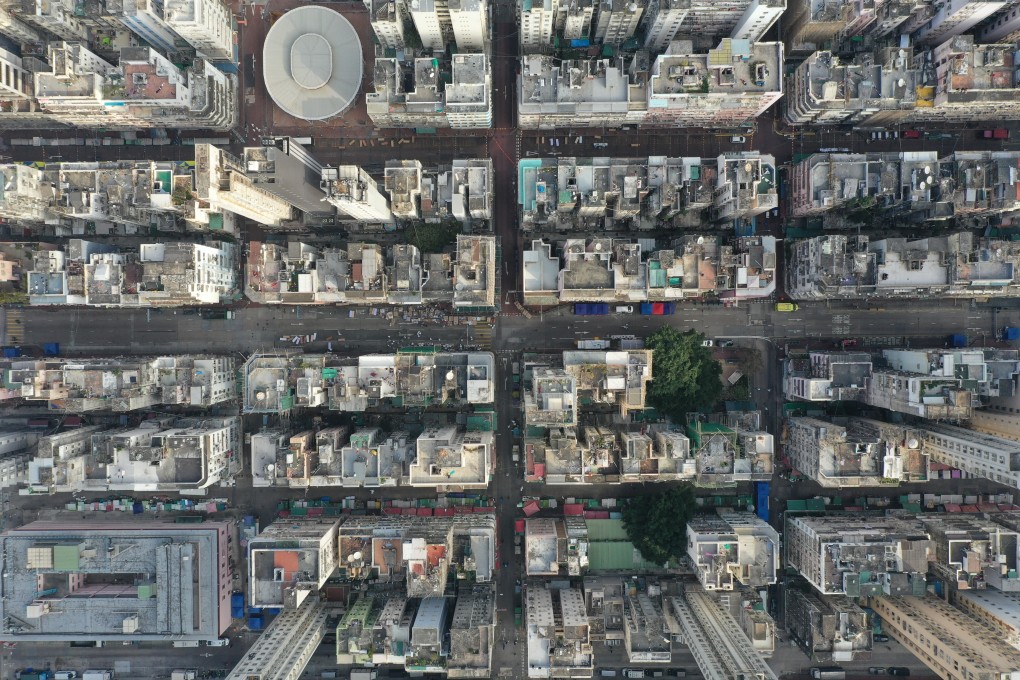Editorial | Hong Kong needs to address efficacy of Jordan lockdown
- Officials may be adamant that confining thousands for testing was the right step to take amid a widening Covid-19 outbreak, but not everyone is convinced

The dozen or so positive cases identified in the restricted Jordan area represent 0.17 per cent of the 7,000 people tested, a rate said to be similar to that in other compulsory testing areas. It may also mean the neighbourhood is no riskier than others. Unless there is evidence to show residents in the targeted zone were reluctant to be tested, it must be asked why those undergoing compulsory tests elsewhere are allowed to freely go in and out of their districts.
Also in question is support for those badly affected by the lockdown. Some want compensation after they could not work or run businesses. Those without kitchen facilities expressed dismay that some items in government food packs could only be consumed after cooking. More than 3,000 government staff were involved in the operation. There was also confusion over why those who tested negative could not be released until others received their results.
The Yau Ma Tei area in which the city’s fruit wholesale market is located is reportedly the next target after some 70 recent cases. The number of Covid-19 cases in the city had grown by 73 to 10,159 yesterday and the government has yet to make clear whether more districts will be confined and tested in its latest strategy to combat a widening community outbreak. While some medical experts support such a move, others doubt its effectiveness.
The government is under growing pressure to achieve zero infections. If more people are to go through lockdowns, they need to be convinced that the inconvenience they suffer contributes to the final goal. Officials should review the Jordan lockdown seriously and determine whether it is the right way forward.
